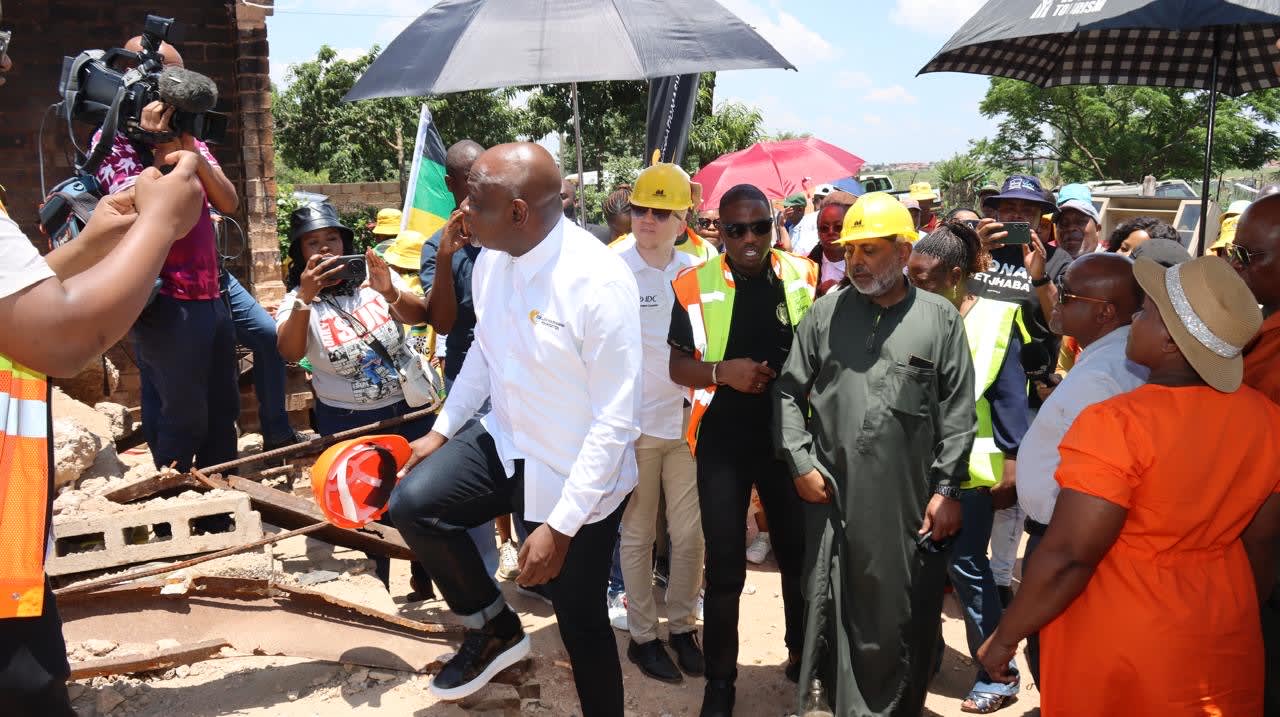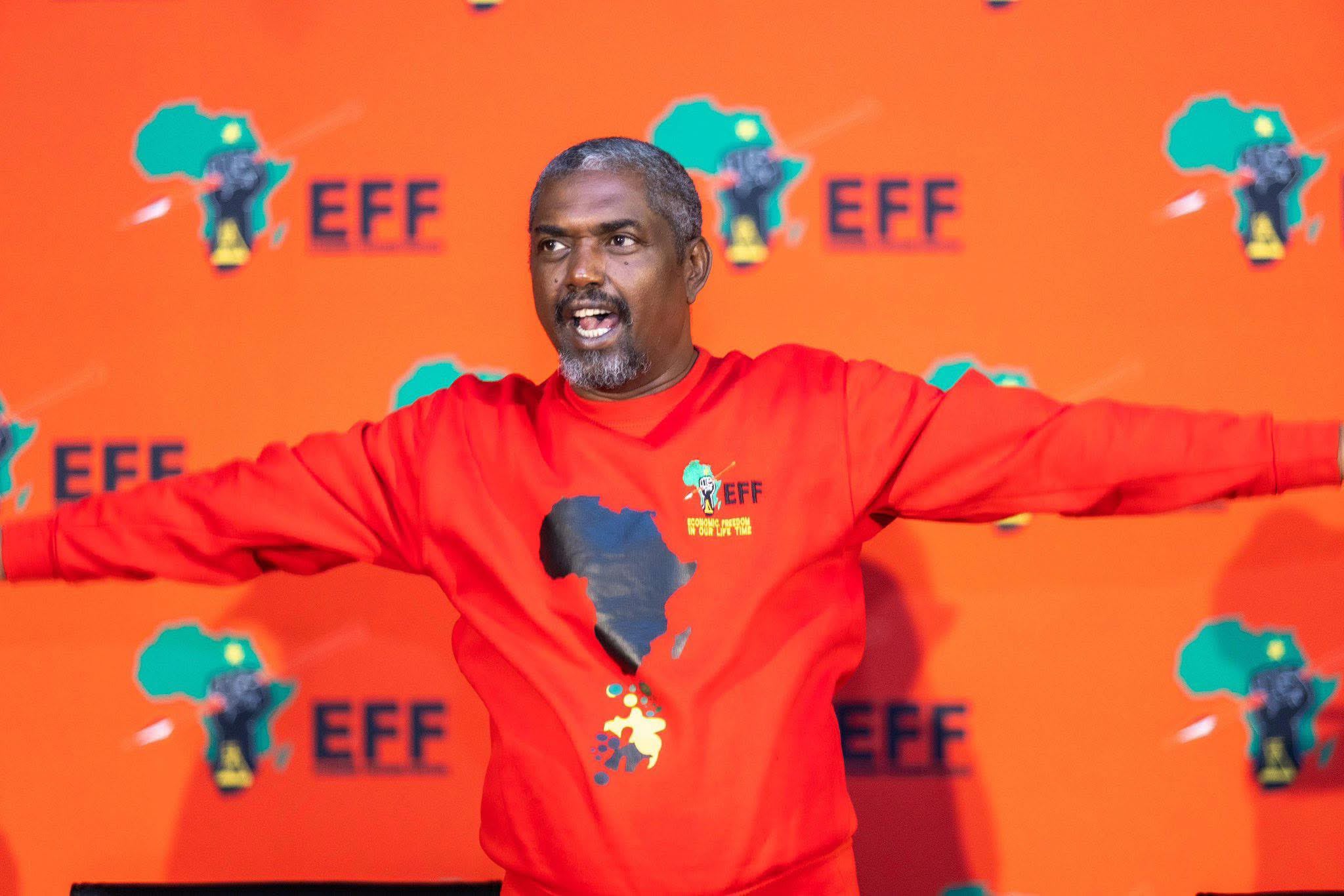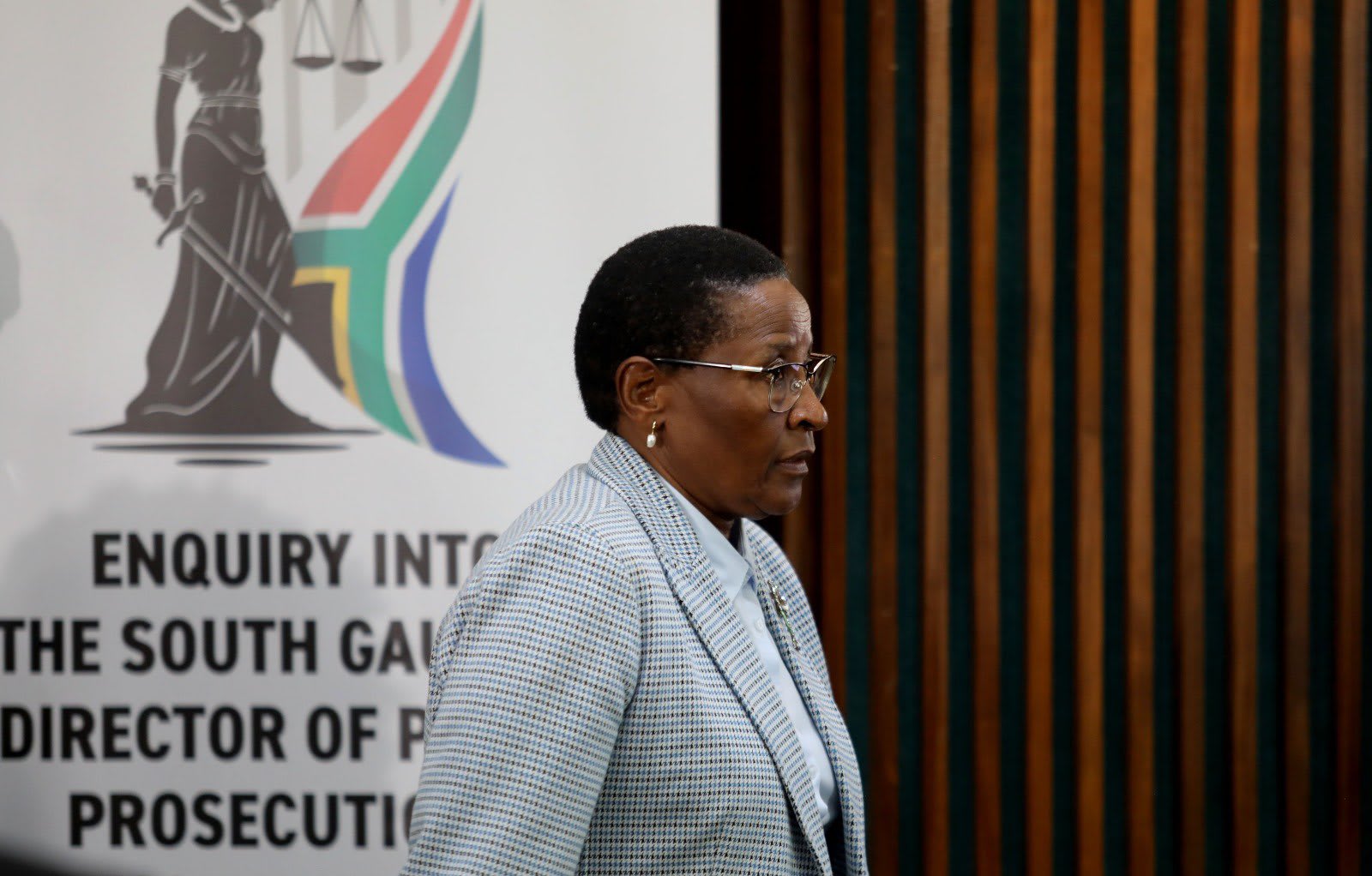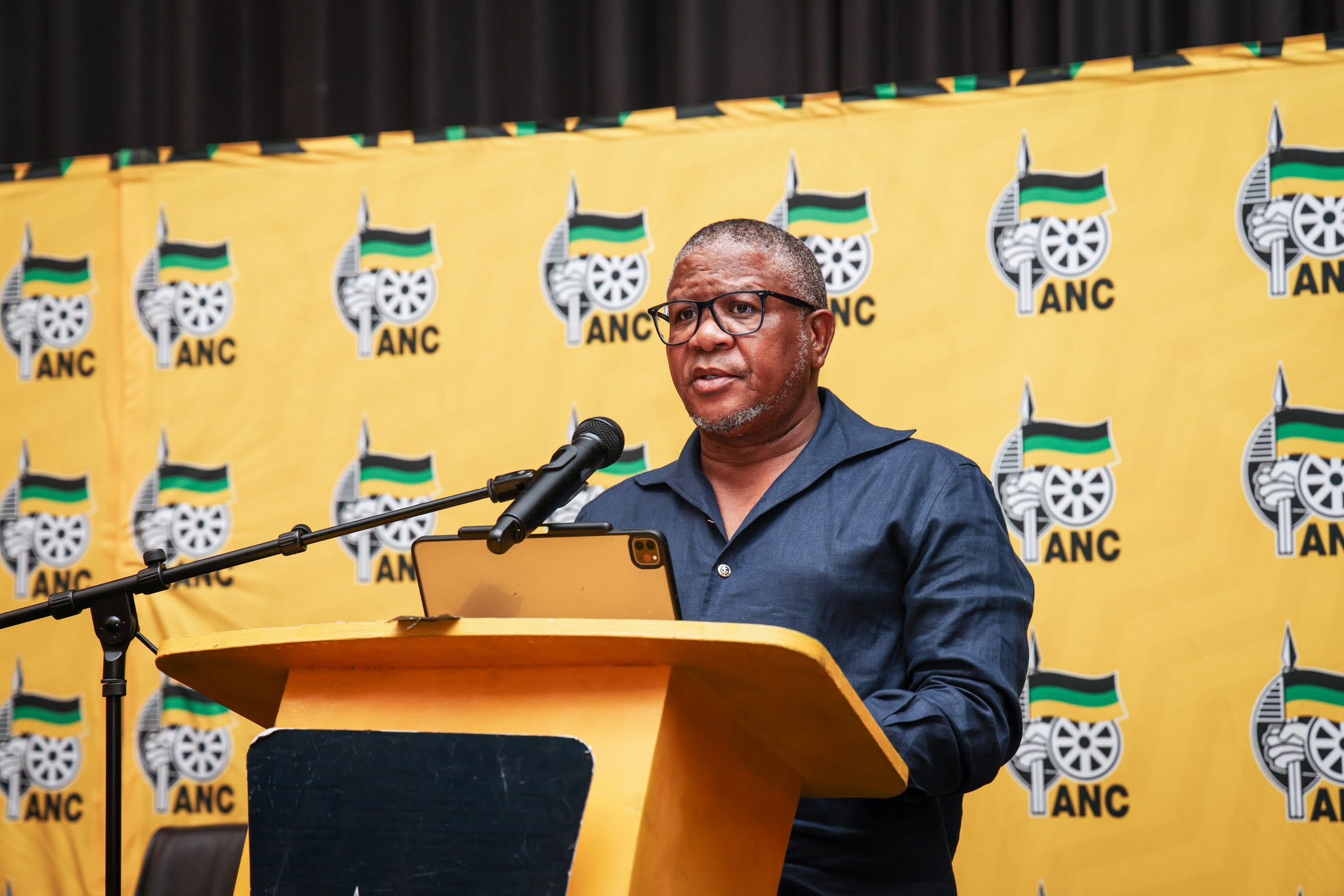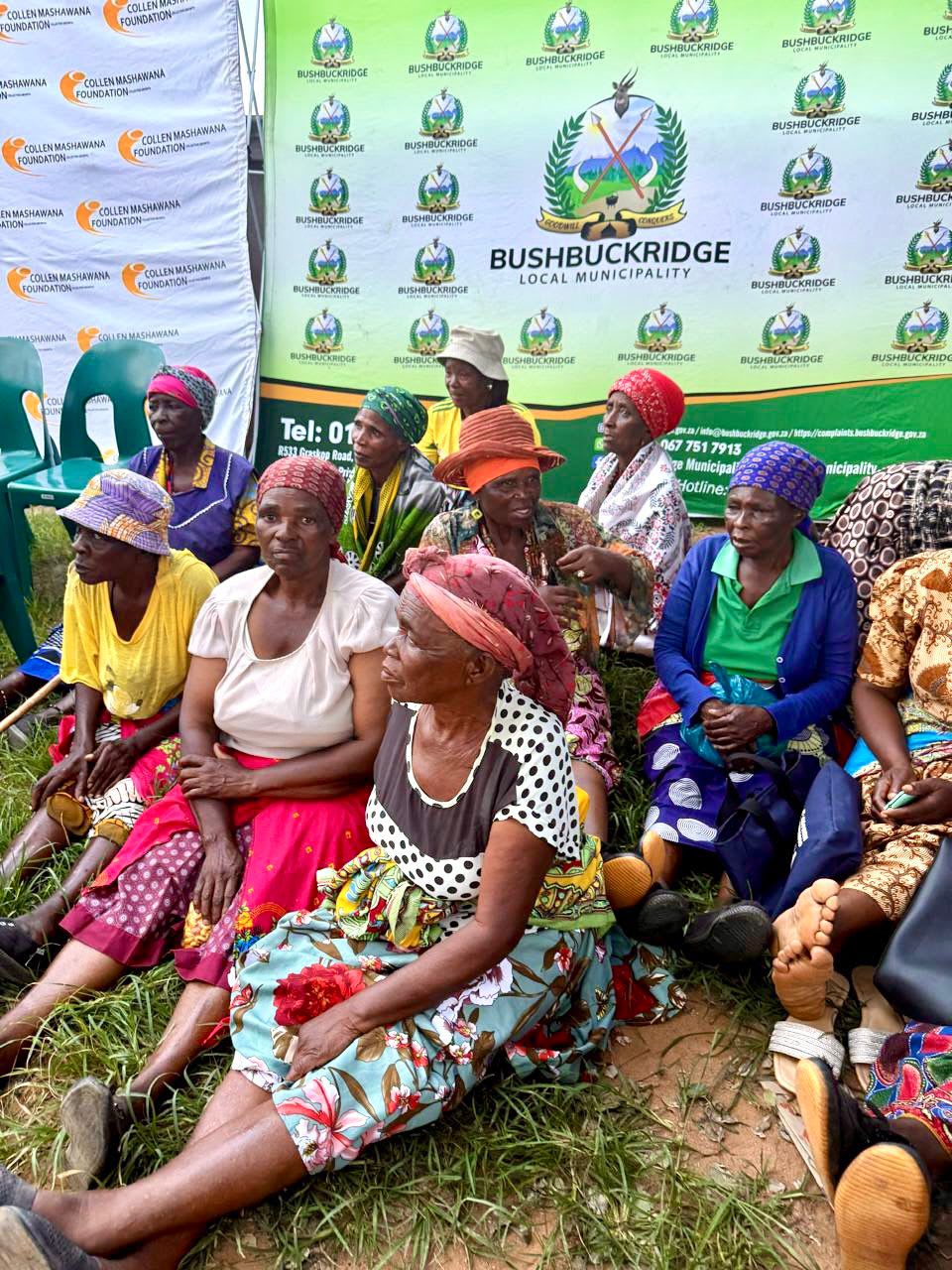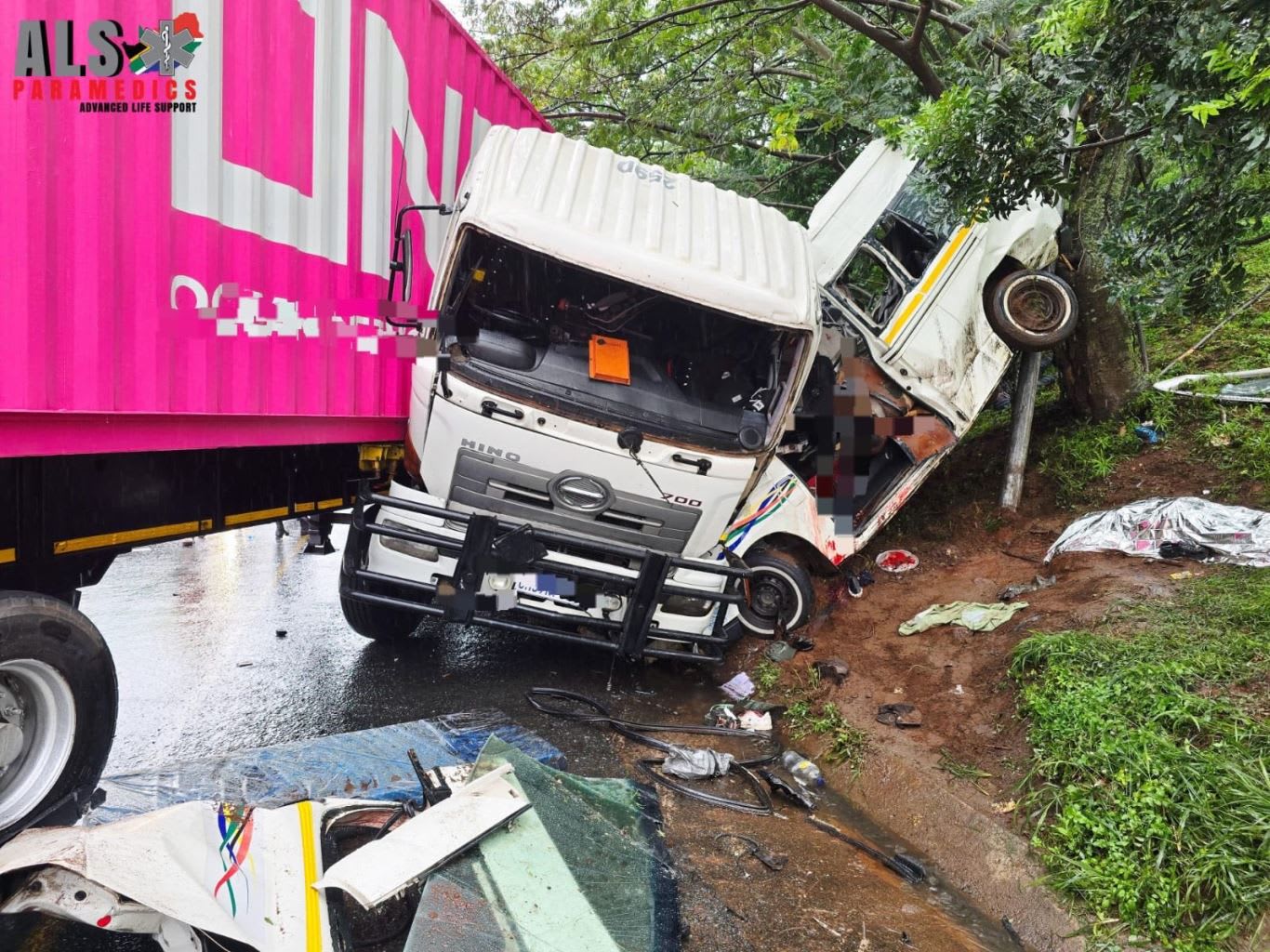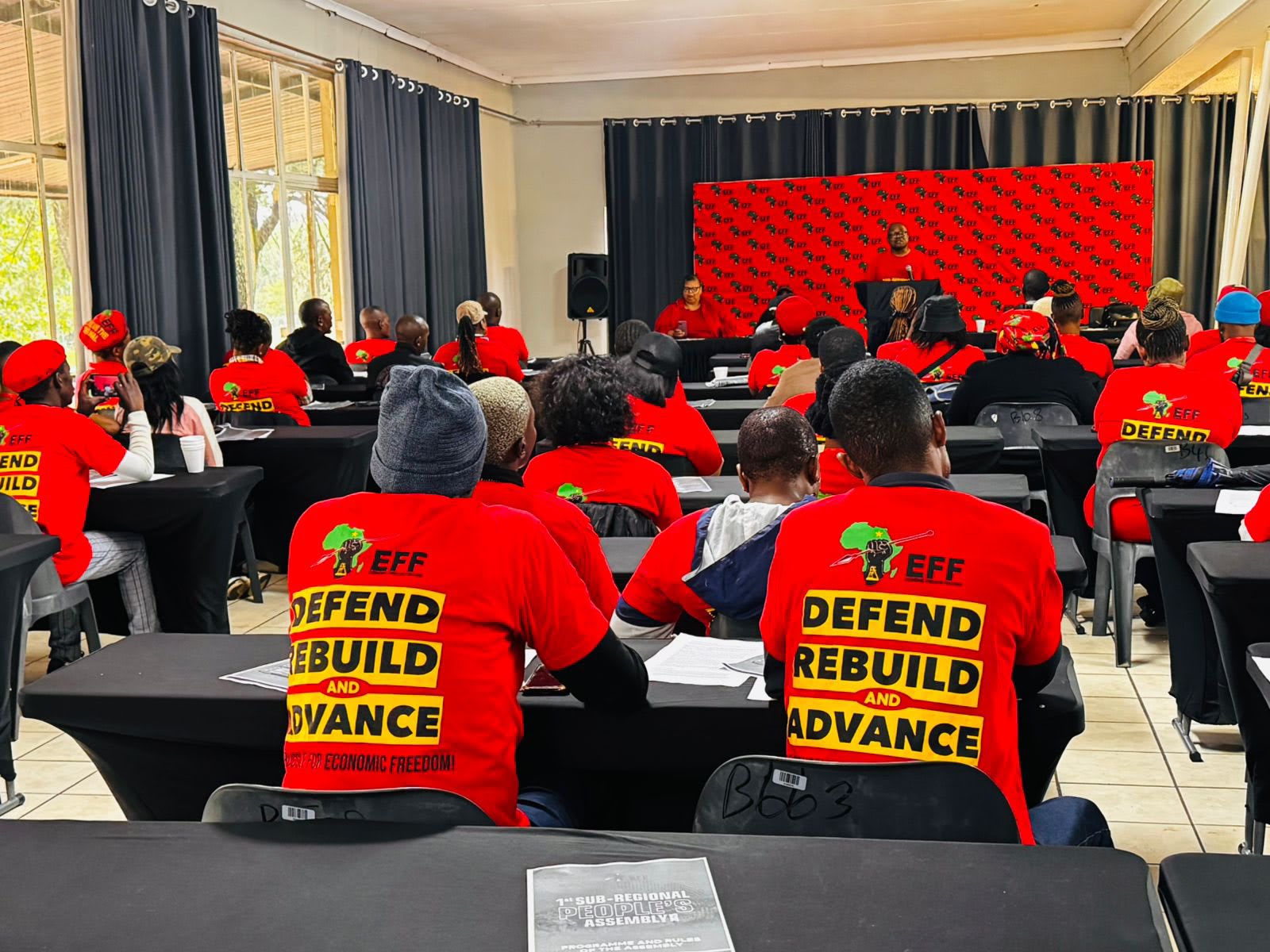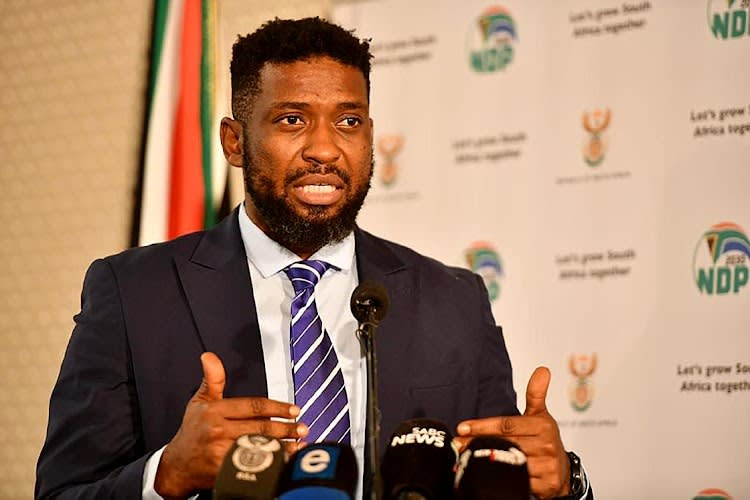Madlanga Commission
The Political Killings Task Team, led by Lieutenant-General Nhlanhla Mkhwanazi, operates on a R31 million, seven-year budget. Supporting 139 members, it investigates politically motivated killings and corruption in KwaZulu-Natal. How was the money spent, and what impact has it had on justice and accountability?
In 2018, the South African Police Service (SAPS) after the instruction of the interministerial committee through the directive of President Cyril Ramaphosa, established the Political Killings Task Team (PKTT) in response to the escalating crisis of politically motivated killings in KwaZulu-Natal. Initially composed of detectives, the unit was later expanded into a multi-disciplinary team, including forensic experts, analysts, and members from Crime Intelligence. Lieutenant-General Nhlanhla Mkhwanazi, the KwaZulu-Natal Provincial Police Commissioner, was appointed to lead the specialized unit, which initially consisted of 139 members. Their mandate was to investigate, gather evidence, and support the prosecution of politically sensitive cases that had historically been obstructed by corruption and internal interference.
The unit’s creation came in response to a growing climate of fear and impunity, where political killings, targeted assassinations, and systemic corruption had undermined public trust in law enforcement. Members of the PKTT were selected for their expertise and integrity, and the team’s structure was designed to allow collaboration across various investigative disciplines. This multi-disciplinary approach ensured that complex cases involving financial fraud, political collusion, and criminal networks could be investigated comprehensively and efficiently.
To support the PKTT’s operations, Lieutenant-General Mkhwanazi requested a budget of R31 million to cover seven years (2018-2024) of work. This funding covered essential operational costs, including overtime, stationery, and laundry, and allowed the unit to maintain investigative momentum and operational readiness. When divided among 139 members over 84 months, this equates to approximately R2,664 per member per month. Within the budget, R8 million was allocated for overtime pay, translating to roughly R685 per member per month; R700,000 for stationery, approximately R60 per member per month; and R480,000 for laundry services, around R41 per member per month. These allocations enabled the unit to operate efficiently while managing high-risk investigations.
Over time, concerns of internal corruption emerged. Lieutenant-General Mkhwanazi told Parliament’s ad hoc committee that rotation of team members became necessary after it was discovered that some officers were deliberately omitting key evidence from case dockets to prevent prosecutions. “Some of the members are carrying dockets, and not because of poor investigation from their side, but it’s a deliberate omission of some of the information that must be in the case docket, so that the case doesn’t go to court,” Mkhwanazi explained. These rogue officers, embedded within detective services, deliberately obstructed justice in politically sensitive cases, prolonging the climate of fear and impunity in KwaZulu-Natal. Several SAPS members involved in such misconduct were arrested, with many still serving prison sentences. Corruption extended beyond SAPS, reaching certain prosecutors and possibly even members of the courts.
To prevent further infiltration, the PKTT introduced a rotation policy. Mkhwanazi explained, “While detectives assigned to dockets couldn't always be rotated easily, we ensured they worked within a group structure to prevent individual wrongdoing.” Originally, deployments lasted six months, but repeated court delays, some seemingly deliberate, necessitated extensions. Mkhwanazi noted that some cases were postponed until after members were due to withdraw, a strategy he suggested undermined prosecutions. Eventually, SAPS decided to maintain the task team for the full financial year without a fixed end date, allowing cases to begin being enrolled in court again.
The PKTT’s investigations revealed widespread corruption and criminal activity. High-profile arrests included Katiso Molefe, implicated in multiple politically motivated killings, and infamous Vusimuzi Cat Matlala, facing charges of attempted murder and now fraud and money laundering. The team also seized assets belonging to Hangwani Morgan Maumela, President Cyril Ramaphosa’s nephew, in connection with fraudulent tenders linked to the Tembisa Hospital, which involved billions in stolen funds. Investigations into the killings of whistleblowers Armand Swart and Babita Deokaran, as well as the murder of DJ Sumbody, highlighted the persistent threat of political violence. Mkhwanazi also revealed that a police officer arrested in connection with the cover-up of the murder of former ANC Youth League Secretary-General Sindiso Magaqa was allegedly working with a sitting parliamentarian.
Following a media briefing by Mkhwanazi, the unit’s work led to the suspension of Senzo Mchunu, the Minister of Police, and former National Commissioner of Police Shadrack Sibiya, exposing the influence of individuals such as Brown Mogotsi. These actions highlighted the depth of corruption within the political and policing structures of Kwa Zulu Natal and Gauteng. The PKTT’s intelligence and investigative support were crucial for the Directorate for Priority Crime Investigation (the Hawks), the Special Investigating Unit, and the Department of Justice, enabling these bodies to pursue high-profile cases that had previously stalled or been deliberately obstructed.
Beyond individual arrests, the PKTT uncovered systemic patterns of criminal collusion. Fraudulent tendering practices, misappropriation of funds, and obstruction of justice revealed networks that extended from senior politicians and bureaucrats to business interests. The exposure of these networks not only resulted in arrests and asset seizures but also played a significant role in the establishment of the Madlanga Commission of Inquiry, which is currently investigating collusion and corruption between political figures, SAPS, prosecutors, and intelligence operatives. Through meticulous evidence gathering and operational coordination, the PKTT demonstrated how a specialized, well-led law enforcement unit could dismantle entrenched criminal networks that had previously operated with impunity.
The table demonstrates that the PKTT operated efficiently despite limited resources, ensuring members could work extended hours, maintain case documentation, and uphold operational hygiene. Lieutenant-General Mkhwanazi’s leadership was pivotal in maintaining the integrity of the team, allowing it to successfully expose corruption, secure arrests, and contribute to restoring public confidence in law enforcement.
Through its multi-disciplinary structure, strategic use of resources, and leadership under General LT Mkhwanazi, the PKTT highlighted the importance of specialized law enforcement units in tackling politically motivated violence and systemic corruption. Its work restored public confidence, strengthened the justice system, and demonstrated how targeted, well-resourced interventions could overcome entrenched criminal networks, ensuring accountability for those who seek to undermine democratic processes.
In a time when South Africa desperately needs stability and competence in its institutions, disrupting what works is both reckless and shortsighted. Leadership like his is rare, and it should be protected, not undermined. The path forward is simple: allow General Mkhwanazi to continue the work he has begun. No theatrics, no politics. no Senzo Mchunu.




